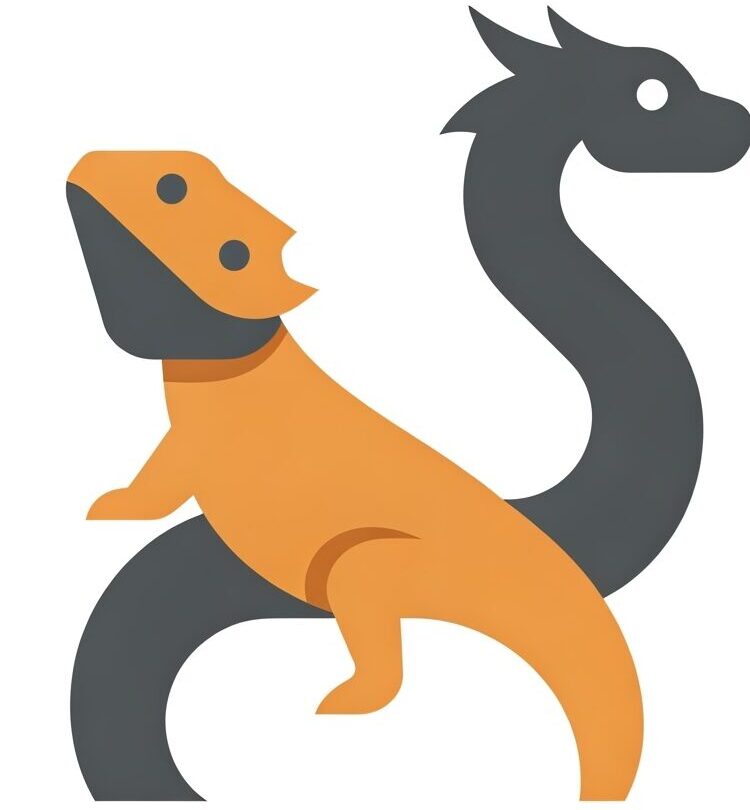Can Bearded Dragons Safely Eat Kale? A Complete Guide
A proper diet is crucial for the health and well-being of your Bearded Dragon. This article aims to explore whether Kale is a safe and suitable addition to their diet.
The Short Answer (Is Kale Safe?)
Yes, Bearded Dragons can eat kale, but it should only be offered occasionally and in moderation. Kale contains beneficial nutrients, but it also has certain compounds that can be harmful if consumed in excess.
Nutritional Value / Potential Risks
Kale offers some beneficial nutrients for Bearded Dragons, including vitamins A and C, which support immune function and overall health. It also contains calcium, which is vital for bone development and strength.
However, kale contains oxalates, which bind to calcium and inhibit its absorption. If too much oxalate-rich food is consumed, it can lead to metabolic bone disease (MBD), a serious and potentially fatal condition in Bearded Dragons. Furthermore, kale, like other cruciferous vegetables, contains goitrogens, which can interfere with thyroid function when consumed in large quantities. While the effect of goitrogens on Bearded Dragons is less well-studied than in mammals, it is prudent to be cautious. The calcium-to-phosphorus ratio in kale isn’t ideal for Bearded Dragons, further emphasizing the need for moderation and dietary variety.
How to Feed (If Applicable)
Since kale should only be a small part of your Bearded Dragon’s diet, offer it sparingly – perhaps once or twice a month.
- Preparation: Wash the kale thoroughly to remove any pesticides or debris. Chop the leaves into small, bite-sized pieces to prevent choking hazards and aid digestion. Avoid feeding the tough stems, as they are harder to digest.
- Portion Size: Offer only a small handful of chopped kale mixed with other more nutritionally beneficial greens and vegetables.
- Mixing it Up: Always include a variety of other greens and vegetables in your dragon’s salad to ensure a balanced diet and minimize the potential negative effects of oxalates and goitrogens. Excellent staple greens include collard greens, mustard greens, and turnip greens.
Important Considerations / Warnings
- Variety is Key: A diverse diet is essential for a healthy Bearded Dragon. Don’t rely solely on kale; offer a variety of greens, vegetables, fruits (in moderation), and insects.
- Introduce Slowly: When introducing any new food, offer a small amount and monitor your dragon for any adverse reactions, such as changes in stool consistency or appetite.
- Watch for MBD Symptoms: Be vigilant for signs of metabolic bone disease, including lethargy, tremors, bone deformities, and difficulty moving. Consult a veterinarian immediately if you suspect MBD.
- Dust with Calcium Supplement: To help counteract the calcium-binding effects of oxalates, consider dusting the kale with a calcium supplement without D3, as you’ll want to avoid overdosing on D3 if your dragon has proper UVB exposure.
Conclusion
While Bearded Dragons can technically eat kale, it should be considered an occasional treat rather than a dietary staple. Prioritize a balanced and varied diet with nutritious staple greens to ensure your dragon thrives and remains healthy. Always research new foods and consult with a veterinarian if you have any concerns about your Bearded Dragon’s diet.
